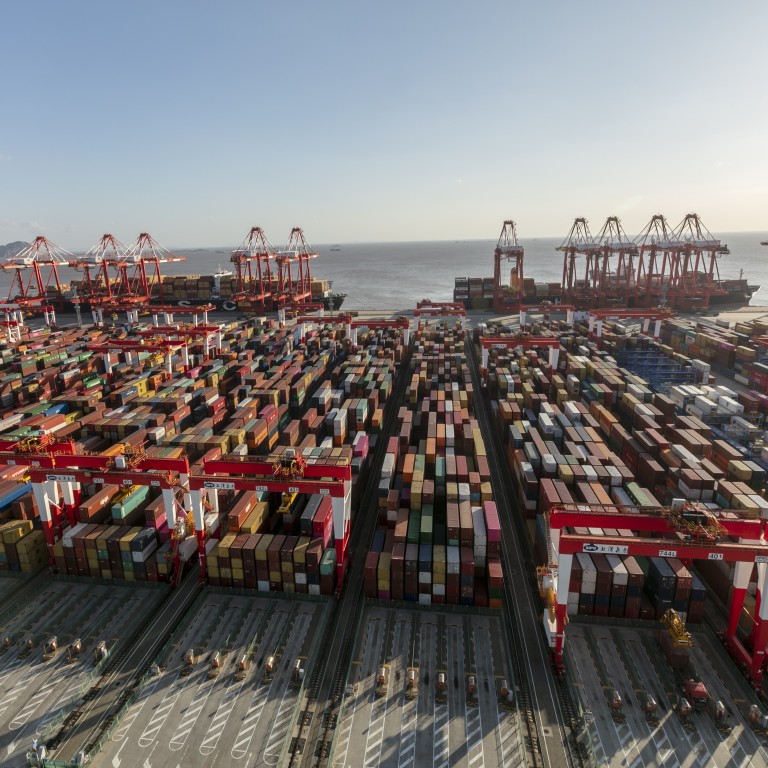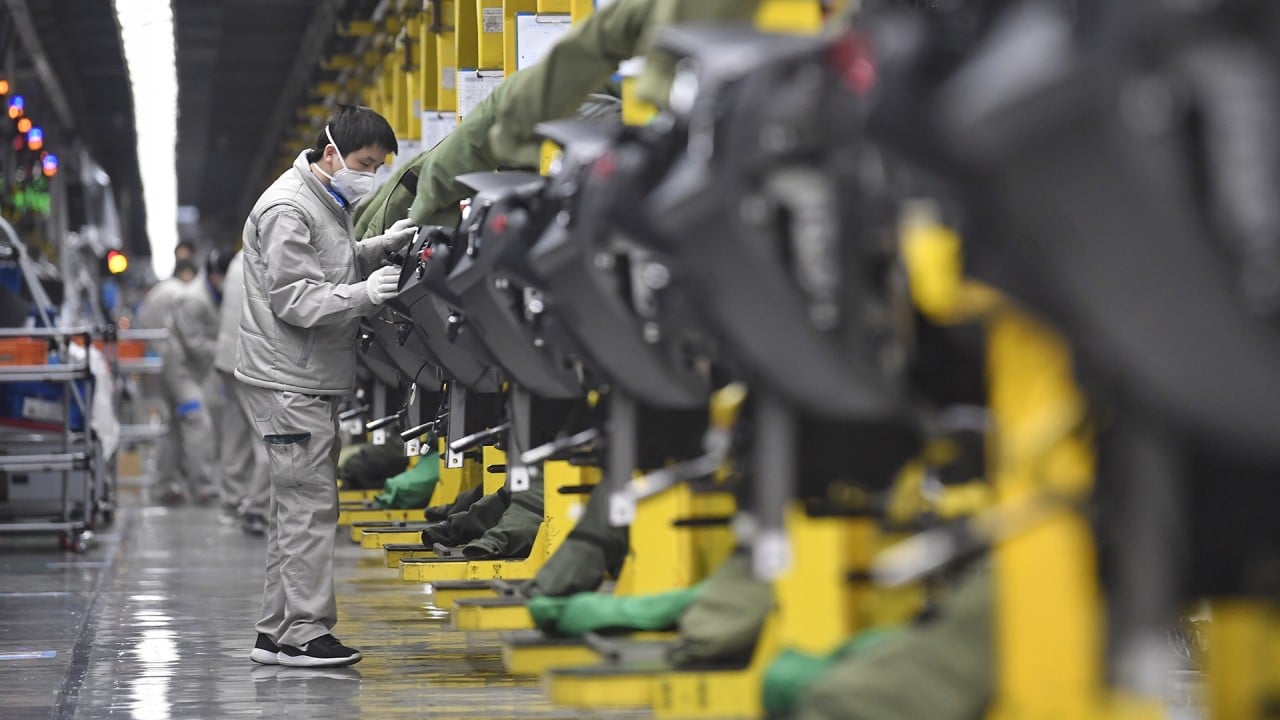
Hong Kong extends best start to year in decade, mainland markets rise as China’s economic growth in 2020 beats expectations
- China’s economy grew 2.3 per cent in 2020, its lowest annual growth rate in 45 years, but was still higher than forecast
- The Hang Seng Index rose 1 per cent on Monday, while the Shanghai Composite Index added 0.8 per cent
The Hong Kong and mainland markets rose on Monday, on economic data from China that showed growth in the world’s second-largest economy had beaten expectations – despite rising at its slowest pace in 45 years.
The country was, in fact, expected to be the only Group of 20 nation to report positive economic growth in 2020, even though its growth rate last year was the lowest since 1976, when China’s economy shrank by 1.6 per cent.
“China’s stronger than expected GDP results have given markets a confidence boost,” said Stanley Chan, director of research at Emperor Securities.
Investment bank China Renaissance maintained its forecast for China’s economy to grow by 8.4 per cent in 2021. “Considering China’s growth potential in the global context, we think Chinese equities are, in aggregate, reasonably valued and in line with their long-term averages on a forward basis,” China Renaissance analysts led by Bruce Pang said in a note.
“China is set to return to economic dynamism, with slow policy tapering. Consumption and innovation are two engines of growth in the new economy. We recommend increasing exposure to the new economy [sector] in the long run.”

01:33
China’s economy accelerated at end of 2020, but virus-hit annual growth lowest in 45 years
New economy stocks, in fact, led the gains in Hong Kong on Monday, with the Hang Seng Tech Index of top technology companies rising 3.9 per cent. Smartphone lens maker Sunny Optical paced gains on the benchmark Hang Seng Index, rising 7.5 per cent to HK$204.80, while food delivery giant Meituan rose 5.7 per cent to HK$325.
Tencent Holdings rose 1.9 per cent to a record HK$657. “Tencent’s gaming business is expected to benefit from the fluctuating pandemic situation, as more people stay at home,” said Emperor Securities’ Chan. “Its rise has also benefited share prices of other online and cloud service providers.”
Southbound net inflows via the Stock Connects hit a record high of HK$22.9 billion (US$2.95 billion) on Monday, according to data from Wind.
“Large amounts of southbound capital have begun flowing into Hong Kong stocks since the beginning of the year. Hong Kong stocks underperformed last year, so mainland investors are looking for bargains,” Chan said. A lot of mainland capital flows have gone into the shares of the three Chinese mobile carriers sanctioned by the Trump administration, which took a huge hit earlier, he added.
The Chinese mobile giants also rose on Monday, with China Mobile rising 4.5 per cent to HK$49.20, China Unicom adding 2.2 per cent to HK$5.12 and China Telecom gaining 3.4 per cent to HK$2.42.
“We expect the newly elected US government will continue most of the current policies on China, at least for the first quarter. That means tariffs and technology measures on China will still be in place,” said Iris Pang, Greater China chief economist at ING Bank. “It is difficult to conceive of a dramatic improvement in the US attitude towards China’s technological advancement, as that would require a change in the belief of the US general public that China uses US technology for China’s own military, even if that may not actually be the case,” she added.
Three companies began trading on the Hong Kong and mainland exchanges on Monday.
Sundy Service Group, a property management company based in Hangzhou, the capital of Zhejiang province, fell on its trading debut on the Hong Kong stock exchange, dropping 36 per cent to 16 Hong Kong cents compared with its initial public offering (IPO) price of 25 Hong Kong cents.
In Shanghai, Tianneng Battery Group, which manufactures batteries for electric vehicles, rose 47.1 per cent to 61.48 yuan from its IPO price of 41.79 yuan. Shanghai ZJ Bio-Tech, which manufactures molecular diagnostics, gained 73.3 per cent to 74.88 yuan from its issue price of 43.22 yuan.

